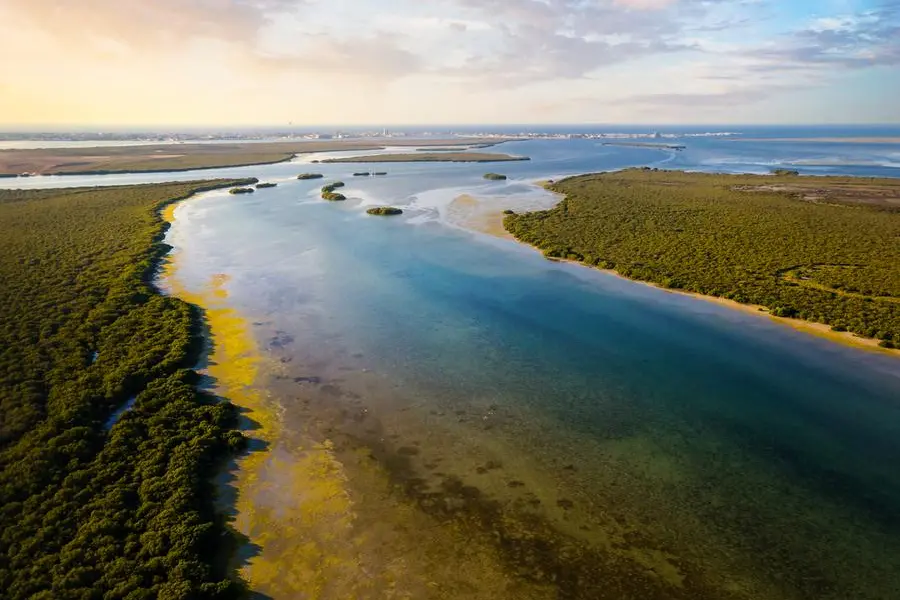PHOTO
Dr. Ishaq Salako, Minister of State for Environment in the Federal Republic of Nigeria, said that Nigeria, the third-largest country in the world in terms of the amount of mangrove trees, continues to implement its plan to plant about 10 million mangrove seedlings in the next three years, as they play an important role in the Nigerian ecosystem.
During his participation in a discussion session on mangrove planting on the sidelines of the Nature, Land Use and Oceans Day at COP28, Dr. Salako told the Emirates News Agency (WAM) that Nigeria is working to establish a US$1 billion hydrocarbon pollution remediation project that includes restoring mangrove forests in the Niger Delta region, adding that the country has rehabilitated about 460 hectares of mangroves out of 3,000.
He explained that mangrove trees are heavily affected by human activities, especially oil exploration. In about 10 years, Nigeria has lost 22 percent of its forests, he added, while other factors contributing to the degradation of Nigeria's mangrove forests include overexploitation and dredging.
He pointed to their responsibility at the regional level to reach a unified vision that support the ambitious goals of protecting 30 percent of land and oceans by 2030 as a key contribution to climate change and mangrove conservation.
In order to achieve the ambitious global conservation goals, such as the ambition to restore mangroves, the minister underscored the need to intensify efforts to prioritise nation-based solutions and nature financing. A commitment has been made to provide at least US$20 million annually in international biodiversity financing to developing countries by 2025, he added.
Dr. Salako affirmed that Nigeria is promoting a ministerial alliance for mutual financing to promote biodiversity ambition, financing, and mutual accountability in the mix of annual pledges of US$20 billion for developing countries. "We would like to urge all countries to increase their efforts on this issue and work with us to ensure that the world follows up on this critical financial commitment,” he said in conclusion.




















